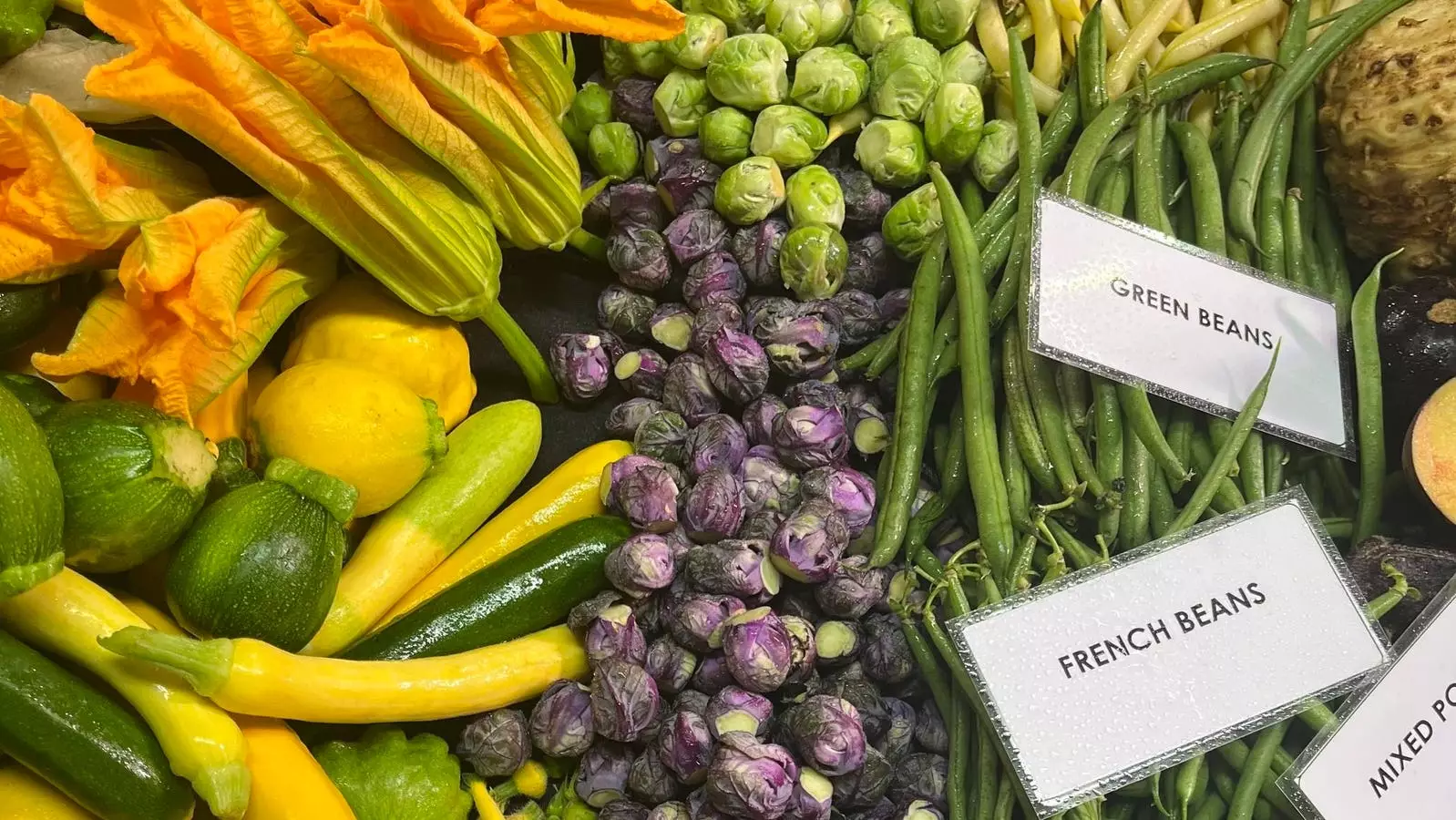As Climate Week unfolds in New York City, the atmosphere is charged with an invigorating blend of passion and concern for our planet’s future. This annual event serves as a crucial reminder of the urgent need to address climate change while highlighting innovative approaches to sustainability. Recently, I had the opportunity to immerse myself in the inspiring world of sustainable farming at Chef’s Garden in Huron, Ohio, gathered with fellow enthusiasts for the farm’s annual Roots Conference. This experience was not merely a culinary journey; it epitomized the crucial intersection of agriculture, sustainability, and community consciousness.
The vibrancy of the produce at Chef’s Garden was astonishing. From the delicate fairytale eggplants to the unique cucamelons, each bite revealed the depth of flavor that only comes from care and commitment to sustainable practices. However, the true marvel extended far beyond the taste of the food; it embodied the heart behind each seed that grows on the farm. This dedication to regenerative agriculture not only enriches the soil but also cultivates an entire ecosystem of knowledge and resilience that we desperately need in our food systems today.
The journey of Chef’s Garden resonates on multiple levels, particularly because of its compelling backstory—co-owner Farmer Lee Jones reignited his family’s lost legacy when he reclaimed the farm during his teenage years. This narrative of perseverance provides a powerful lens through which we can view the farm’s current innovations. With stability restored, the Jones brothers are now investing in long-term sustainability efforts, an ambitious vision for the future of agriculture that many farms, regrettably, cannot attain.
Emphasizing soil health and regenerative practices, Chef’s Garden is pioneering key initiatives that set an example for other farms. The commitment to self-sufficiency in energy production is particularly noteworthy. By leveraging recycled corn cobs and various energy investments, the farm has achieved a remarkable milestone: sourcing 70% of its electricity independently. This is not just an achievement in energy efficiency—it signifies a broader commitment to sustainability in a climate where energy resources are increasingly strained.
Lessons from the Land: Energy, Innovation, and Community Engagement
The implications of such an initiative are far-reaching. In a landscape where extreme weather events are becoming more frequent, the reliance on external energy sources can pose significant risks. By prioritizing self-sufficiency, Chef’s Garden not only fortifies its operations but also underscores the importance of resilience in local food systems. This becomes crucial as many communities experience power outages, often prioritizing households over essential businesses, including farms that provide sustenance.
As I prepare for Climate Week, the lessons gleaned from my time at Chef’s Garden will shape my discussion at various panels, emphasizing the relationship between food systems and climate action. Engaging in conversations around New York City’s food and agriculture policy, the relevance of pollinators, and the complexities of ocean health are essential for fostering a holistic view of sustainability. Hope lies in these discussions and the exchange of ideas, as they can catalyze collaborative solutions to pressing environmental challenges.
The narratives from chefs, farmers, and advocates attending Climate Week epitomize the shift towards a more conscientious approach to food and sustainability. Influencers in the culinary world, like TV host Priyanka Naik, are leveraging their platforms to champion such causes, engaging broader audiences through compelling stories and impactful actions. Naik’s heartfelt mission to feed rescue bears at a sanctuary is a prime example of how personal connections can motivate collective action toward sustainability.
In the face of inflation and ever-changing consumer habits, the food industry is adapting, with private labels gaining traction among cost-conscious shoppers. This shift reflects not just economic circumstances but also a broader cultural shift towards valuing quality and sustainability—a trend that can fuel the growth of responsible agri-businesses.
The vitality that pulses through sustainable farming practices at Chef’s Garden reflects a powerful narrative of resilience and hope. As Climate Week approaches, these stories—from the land, the kitchen, and the community—will serve as a reminder that while the hurdles are significant, the pathways to an equitable and sustainable food future are brimming with promise. Engaging in discourse and collaboration remains key to transforming this inspiration into actionable change for our planet’s future.


Leave a Reply